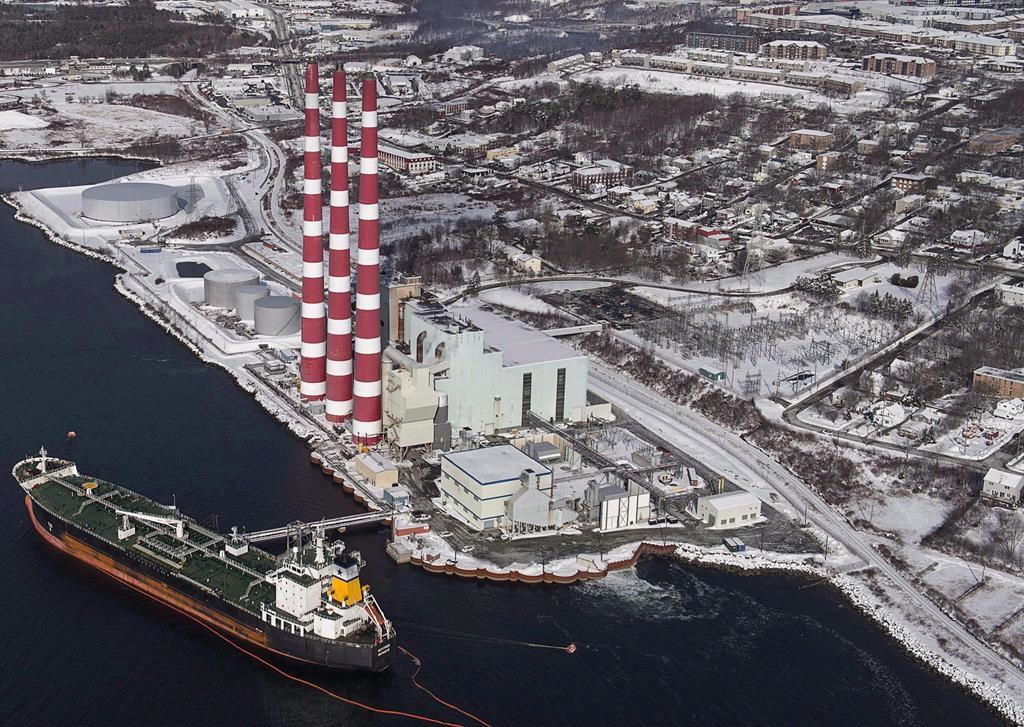While several provinces prepare to fight the federal government over an imposed carbon tax, Nova Scotia is readying itself for a cap-and-trade model that the province says won’t wreak havoc on residents’ wallets. However, the Canadian Taxpayers Federation is disputing that claim and calling on government officials to denounce carbon tax once and for all.

READ MORE: N.S. cap-and-trade system for reducing carbon emissions accepted by Ottawa
When details were shared about what Nova Scotia’s planned cap-and-trade model would entail, Premier Stephen McNeil stressed two key points: it would ensure environmental effects were minimized while keeping costs to citizens low.
“If you look at the federal backstop that would happen it would be an 11-cent increase in gasoline motor fuel tax,” McNeil said during Tuesday’s announcement. “Our plan it’s a one cent per litre through the entire four years to 2022.”
The gas hike example was listed alongside an estimate of electricity rates rising by an approximate one per cent rather than an eight point increase through the carbon tax system.
“This plan is the best possible plan that can be achieved for Nova Scotians, quite frankly,” McNeil said.
But news of the government’s plan didn’t sit well with everyone, as opposition MLA’s were quick to point out emissions targets are already being met and with cap-and-trade, an element of uncertainty remains when it comes to how much it will cost the public.
READ MORE: Confused about carbon taxes and rebates? Here’s what you need to know
The CTF calls it less transparent than a simple tax on carbon, although they warn the costs associated with it will come to the surface in due time.
“Cap-and-trade makes it harder to understand, but Nova Scotia taxpayers will know because they’ll feel the impact of the cap-and-trade carbon tax for things like home heating becoming more expensive, driving becoming more expensive and also services like healthcare, ambulances, operating hospitals,” explained Paige MacPherson, the CTF’s Atlantic Director. “You’re going to see those costs go up as well.”
Though vehemently against the soon-to-be-implemented plan, cap-and-trade is set to take effect in Nova Scotia on Jan. 1, MacPherson is quick to point out that the CTF views neither model as suitable options.
“If other countries that are the big emitters like the United States or China aren’t imposing carbon taxes, which they’re not, then we’re not going to see any difference in global climate change,” MacPherson explained. “This isn’t about climate change, it’s about politicians being able to pat themselves on the back.”
“Essentially for Nova Scotians what it amounts to is a cash grab,” she said. “It’s always the taxpayer that gets hurt by these policies.”




Comments